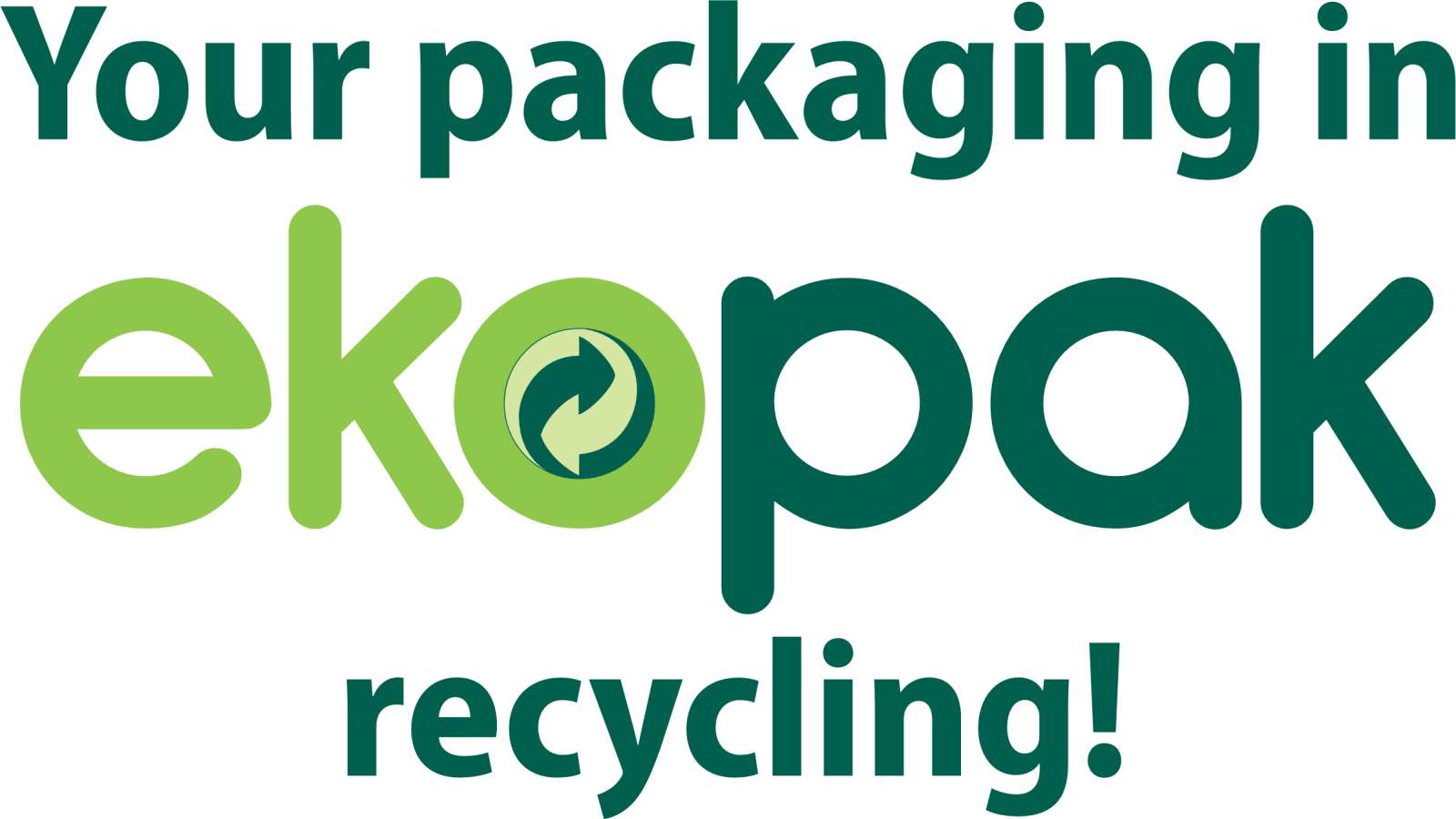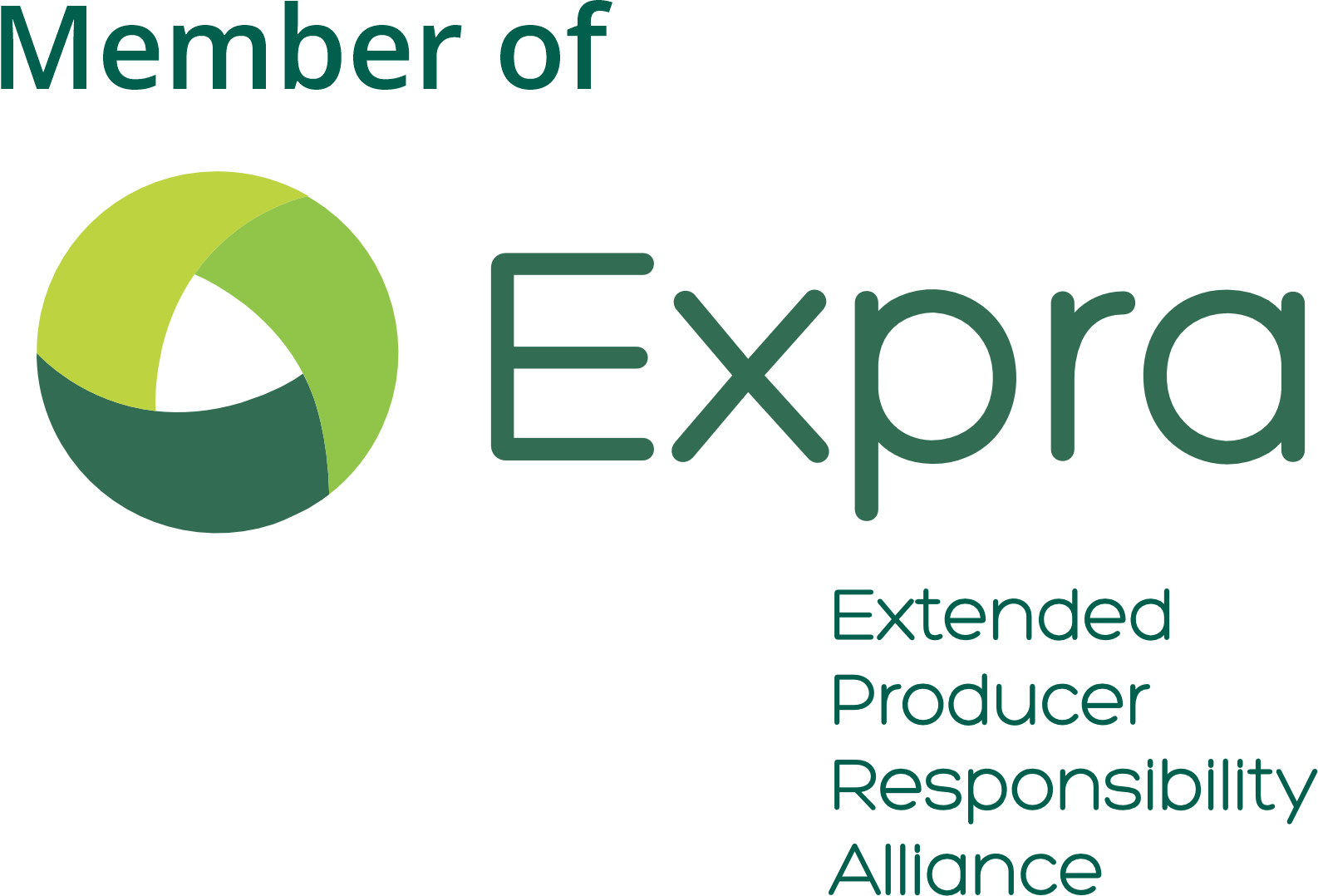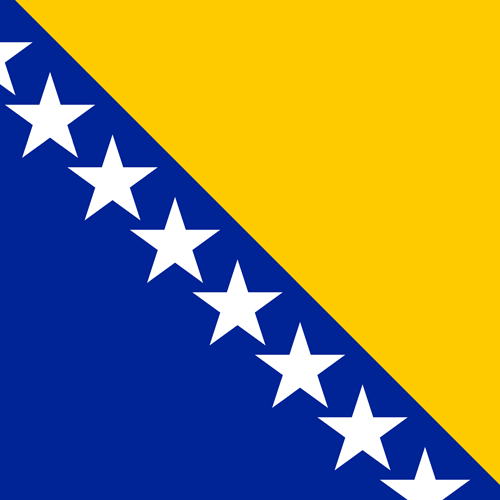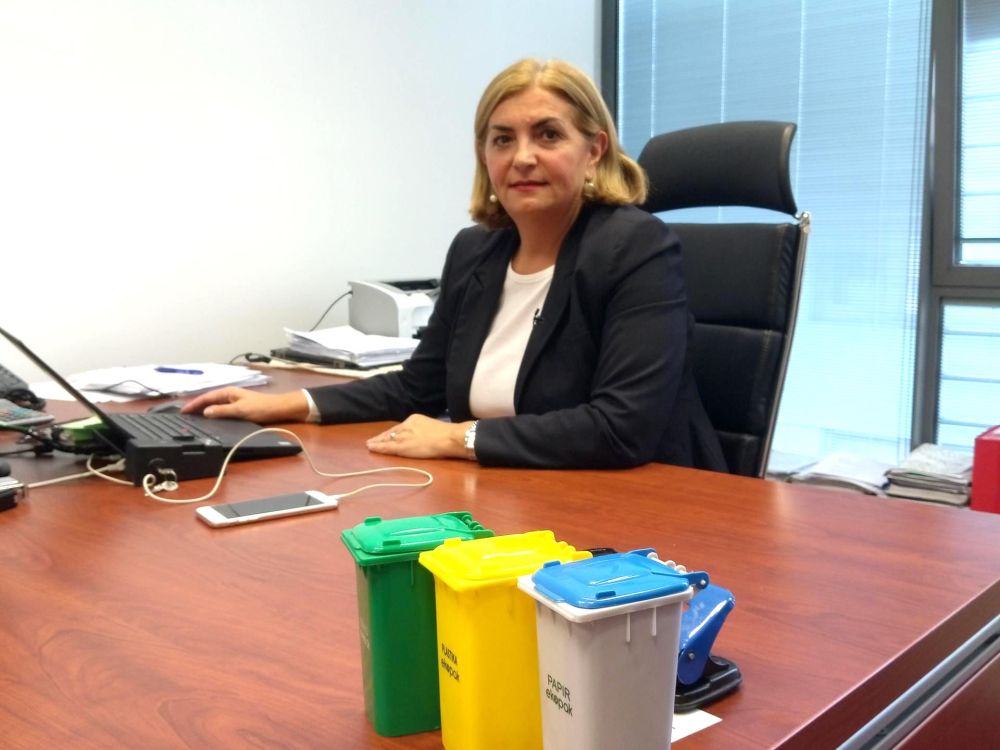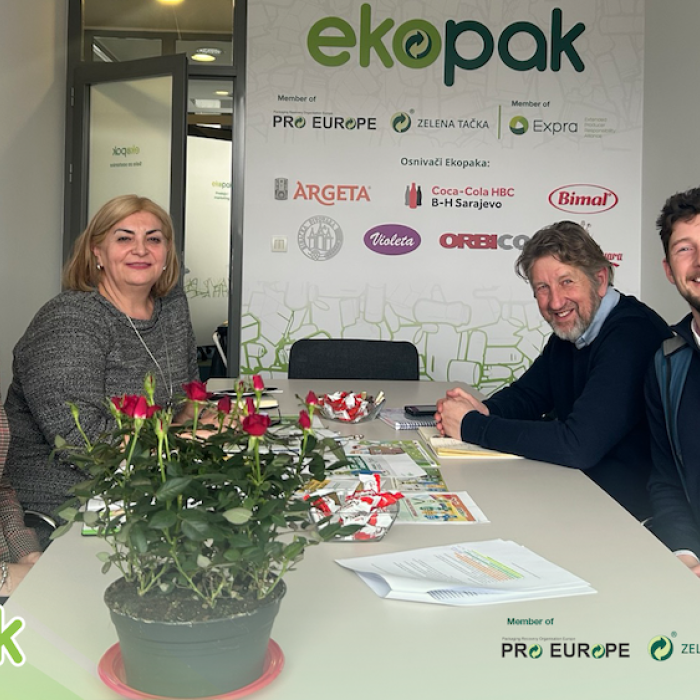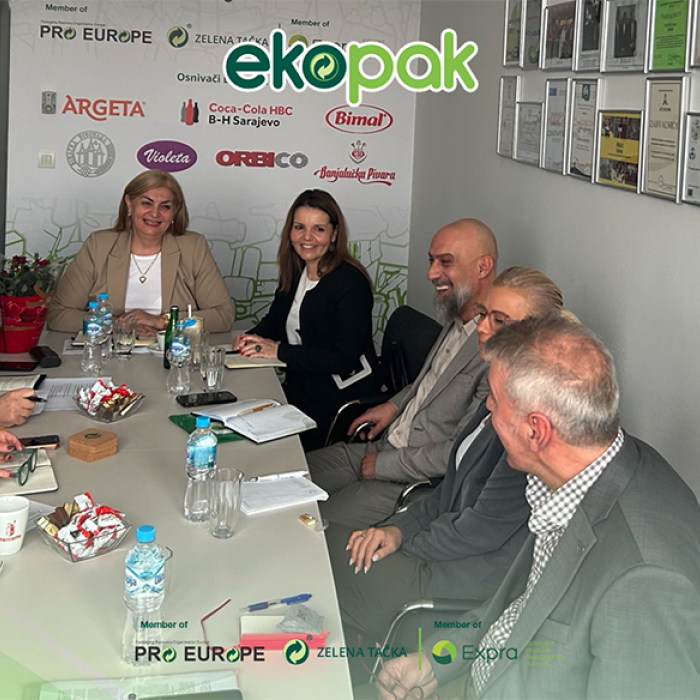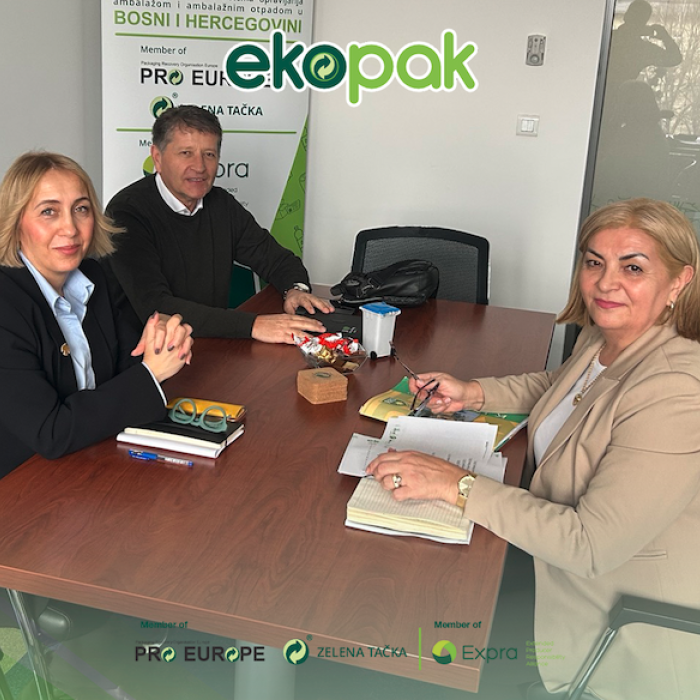We started with 8% and today we achieve more than 35% of packaging waste recycling
Our mission is clear. We want to work with our partners to develop a packaging waste recycling system in BiH and introduce as many manufacturers as possible into that system. Read the full interview with Ekopak director Amela Hrbat for Akta.ba.
• Director Hrbat, another year is behind us. How do you evaluate the work of Ekopak in 2019?
- I am pleased, first of all, that despite the day-to-day challenges we persist in the mission of improving the recycling system in BiH, but you know how every manager answers this question - it can always be better. However, the mere fact that in 2012, when we started operations, we met the target of 8% of packaging waste handed over for recycling and recovery, and today that percentage is over 35%, tells us that we are slowly moving forward. In cooperation with our partners, we achieve better results every year. Thus, from 2012 to date, we have delivered over 70,000 tonnes of packaging waste for recycling. Of course, we must continue to improve the system, because it is not established overnight, it is a process that is constantly growing and evolving, and is continuously delivering better results.
• Is there anything you would like to point out that was important for Ekopak in 2019?
- First of all, I would like to point out that for the eighth year in a row, we have met the targets for packaging waste recycling, even though the market is quite challenging and we have been forced to export some types of packaging waste, although recycling capacities exist in the country. We continued to invest in the development of the system, so with our partners involved in the collection of packaging waste and its preparation for recycling, we invested in expanding and improving their capacities.This year we hosted the annual meeting of Balkan members EXPRA, based in Brussels. For the first time, we were also visited by Expra Alliance Director Joachim Quoden who congratulated us on our work. Also, we launched a very important project of introduction of public institutions into the system, so we have started our cooperation with Federal Ministry of the Interior as well as with the Federal Ministry of Environment and Tourism. We have also installed the infrastructure at numerous embassies in Sarajevo. We are currently in negotiations with other institutions as well. We also worked hard to educate and inform the population. In cooperation with the Munja organization, for the first time in Bosnia and Herzegovina, we launched the international project "Eco Schools", which we expect to implement early next year. We have successfully implemented many campaigns in the FBiH, educated hundreds of children and young people, had over 500 posts on social networks, more than 256,000 people saw news about our activities, we published close to 50 press releases…
• How would you evaluate the current situation in BiH regarding the recycling system? We see some stakeholders suggest changing the current system of "extended producer responsibility" to a deposit system in place in Croatia.
- Through the system of "extended producer responsibility" we have included in the recycling of all types of packaging waste, regardless of the type of material, no matter what product was packed in the packaging and no matter where that packaging waste originated. All this is done at the lowest sustainable cost, that is, by fulfilling everything that is prescribed, without affecting the price of the product in the packaging. Only a portion of packaging waste is handled through the deposit system at extremely high costs borne by the packaging industry or, ultimately, by consumers through increased prices of packaging products. Therefore, the "extended producer responsibility" system is a much more efficient recycling system, which, after all, is successfully operating in all developed countries of Western Europe. Thanks to the Federal Ministry of the Environment and Tourism, we have been given the opportunity to establish a system of "extended producer responsibility", which means that those who produce packaging do not end their care by placing packaging products on the market. Through this system, manufacturers worry about what happens to the packaging waste that comes from consuming their products, and we, as operators, as their extended arm, are committed to ensuring that that packaging ends up being recycled.
- I would like to emphasize that despite the great challenges, BiH is moving forward. We get better results every year. This was confirmed by Mr Quoden in his N1 television appearance. Certainly, all actors in the chain of implementation of by-laws related to packaging and packaging waste must make more efforts to establish a more functional system, both from the umbrella state / entity institutions, ie the Federal Ministry of Environment and Tourism, and the FBiH Environmental Fund, through competent inspection bodies to local communities - municipalities in the Federation of BiH under the responsibility of waste management. I must emphasize that this is a system that is not established overnight, has not even established itself in the regulated western countries overnight, it is a process that is gradually growing and yielding continuously good results.
• Plans for 2020?
- Our mission is clear - we want to continue working with our partners to develop a packaging waste recycling system in BiH and introduce as many manufacturers as possible into the system. We also plan to continue working on infrastructure improvements, setting up new eco-islands, assisting utility companies in procuring the necessary equipment and vehicles for the transportation of packaging waste, continuously working with other collectors and expanding cooperation with municipalities in the FBiH. Of course, we will continue to work continuously on educating and informing citizens. Our priority is pre-school and school-age children, for whom we are preparing special projects in 2020.
